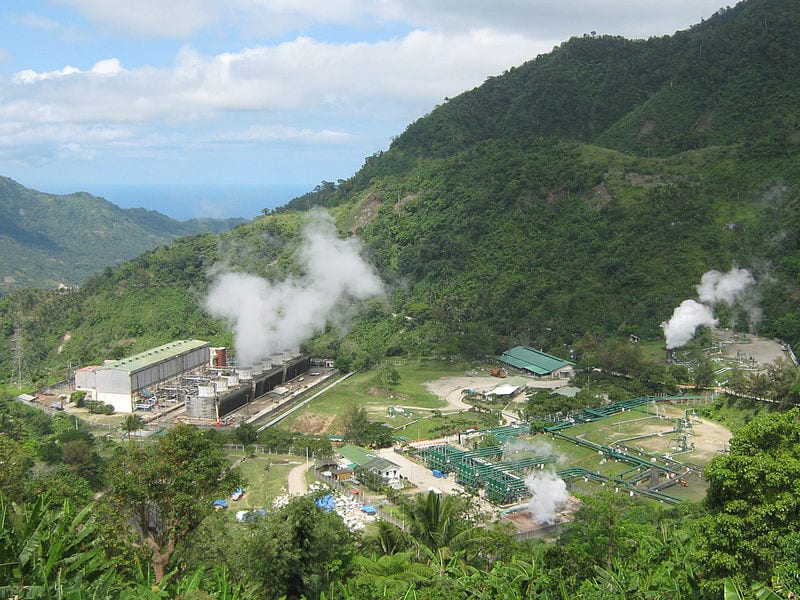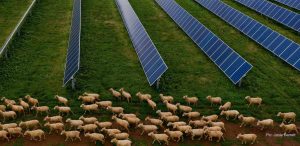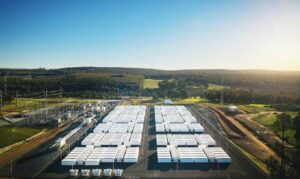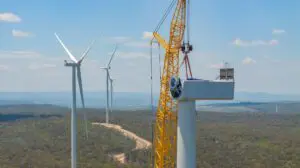The Philippines has joined the ranks of a growing number of countries, independent territories and states looking to shift their electricity supply to 100 per cent renewable energy, in an effort to cut emissions, enhance energy security and keep power costs down. And it wants to do so within a decade.
Representatives of the Philippines’ Climate Change Commission (CCC) and federal and provincial governments met with Worldwatch Institute’s Climate and Energy Director Alexander Ochs late last month to lay groundwork for a Sustainable Energy Roadmap for the archipelago nation over the next 10 years.
Ochs was invited by Philippines Climate Change Commissioner Heherson Alvarez to present Worldwatch’s suggested methodology for the plan, examining the technical, socioeconomic, financial and policy changes necessary for transitioning to a an energy system entirely based on energy efficiency, intelligent grid solutions and renewable supply.
Ochs says the Philippines has an “enormous opportunity” to set a high standard in smart and integrated energy planning in the 21st century.
“Any country in the world has great potential for at least one renewable resource, such as biomass, geothermal, hydro, ocean, solar or wind,” Ochs said. “The Philippines has them all, as well as the human resources, technological know-how, and political leadership necessary to make a low-emissions transition a reality within less than a generation.”
The Philippines certainly has been ambitious in its approach to renewable energy, but its experience of translating that ambition into a reality has not been all smooth sailing.
Indeed, as the World Resources Institute’s Sarah Martin and Athena Ballesteros put it, so far the country’s “strides and delays” exemplify the importance of good governance, transparency, accountability, and participation. Without it, they say, “policies are unlikely to receive public acceptance or support.”
“Good renewable energy policy requires mechanisms that are flexible to market changes. The Philippine Energy Regulatory Commission is in charge of consistently reviewing and re-adjusting the feed-in tariff system using effective, cost-controlling methods,” say Martin and Ballesteros.
“Allowing for this kind of review ensures that the renewable energy policy can adapt, no matter the economic situation affecting the country.”
And Ochs agrees: “The Philippines is already a leader in geothermal and hydropower. But it’s essential now to chart a future that is socially, economically and environmentally sustainable and addresses the key challenge of providing affordable and reliable energy access for all Filipinos.
“With our Sustainable Energy Roadmap approach, Worldwatch will help to expand access to energy, address social needs, and advance economic development while protecting local environments and a stable global climate.”







